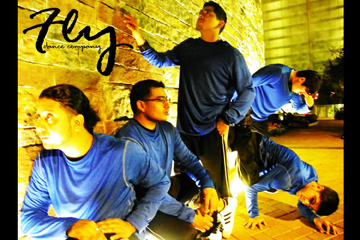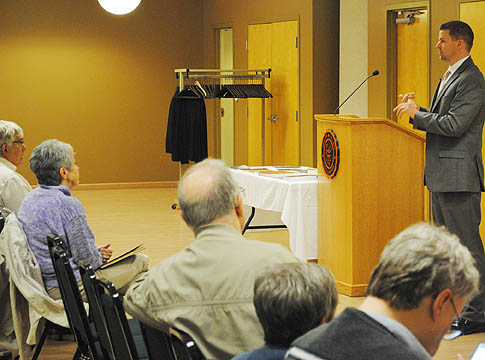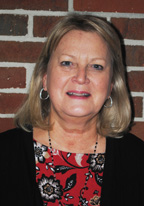The vendor deadline for the Old Oak Festival is March 31. Those who wish to participate are encouraged to get their applications in as soon as possible in order to secure a space, as there are a limited number still available.
According to festival coordinator David Price, there are still a few slots remaining for craft and food vendors; however, the spaces are filling up and the deadline is quickly approaching.
The Old Oak Festival will return to Tusculum College campus April 15-17. Featuring a wide variety of music and food and fun, the Old Oak Festival will span across three days, featuring something for everyone, be it live music, theater, arts and crafts or fabulous festival food.
A new festival feature announced this week was the lineup of 10 workshops designed for high school students, through which five participants will be awarded a $500 scholarship.
Workshops will be offered in morning and afternoon shifts, from 9-11 a.m. and 12:30-2:30 p.m. The morning workshops will consist of an educational wetland tour and nature writing, contemporary poetry, drawing, playwriting, and music theory and songwriting. Acting, brief essay or prose poem, tree identification, photo manipulation and songwriting will be offered in the afternoon.
“With an incredible lineup of music and the wide variety of crafts, as well as the writers section, theater performances and surprise events, we expect this year’s festival to be a stand out,” said Price, who also serves as director of Music and Band programs at Tusculum College.
Throughout the weekend on stage, the festival will present the sounds of the region, with a wide variety of music from bluegrass to jazz to local vocalists and musicians. A new feature this year will be horse and carriage rides, sponsored by Tymley Travel.
As part of the entertainment, there will be three performances during the festival of GLAWPIGT (Great Literature Alive and Well and Playing in Greeneville, Tennessee) Showcase, presented by the group comprised of local students under the direction of Arts Outreach Director Marilyn duBrisk. Show times are Friday at 7 p.m. and Saturday and Sunday at 2 p.m.
Performances will be held in the Behan Arena Theatre in the Annie Hogan Byrd Fine Arts Building.
There is no fee to attend the festival. Art vendor hours will be Friday from noon until 6 p.m., Saturday from 9 a.m. until 6 p.m. and Sunday from 10 a.m. until 4 p.m. For more information, contact Price at 423-636-7303.
Coolers and alcohol are prohibited during the festival.
For updates and more information, visit the website at www.oldoakfestival.org or on facebook.












